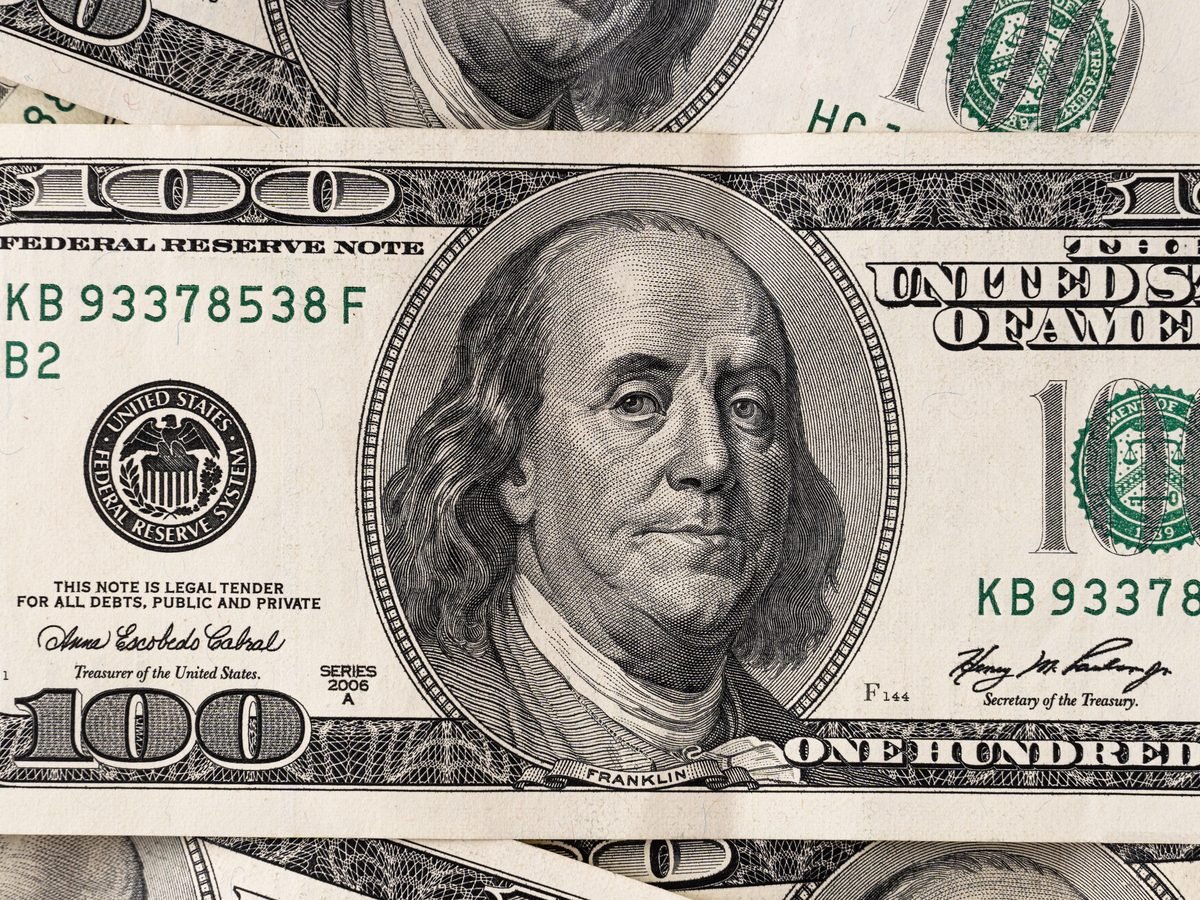
What it’s about
The Glass Hotel is a literary jigsaw puzzle. Three characters meet one night in 2005 at the eponymous hotel, a stunning edifice located on a speck of Vancouver Island so remote it’s only accessible by water. Jonathan Alkaitis, the hotel’s owner, is a corrupt Wall Street financier who’s running a multi-billion-dollar Ponzi scheme. Leon Prevant is a shipping executive and hotel guest who loses his fortune to Alkaitis’s fraud. And Vincent Smith is an enigmatic young woman and bartender who becomes Alkaitis’s trophy wife. The book spans two decades and, by the end, one of the characters will have vanished from a container ship off the coast of West Africa. Emily St. John Mandel effortlessly ping-pongs between time periods, characters and continents, and Smith is the chain that links those vignettes together. The novel reads like a ghost story at some moments, a thriller at others, hurtling unstoppably toward its final revelations.

Why you’ll love it
It’s strange to think of a book set in the mid-aughts as a period piece, but The Glass Hotel is just that: a searing snapshot of the world before, during and immediately after the 2008 financial crisis. St. John Mandel skewers the excess of pre-crash Wall Street, the global economy that propped it up and the moment it all shattered (you can see where the glass metaphor comes in). If the book feels true to life, that’s because it is: St. John Mandel moved from Toronto to New York City in 2002, just before the abundance of the aughts hit its peak, and witnessed the inflated lives of the city’s elite. After her friend got caught in Bernie Madoff’s infamous Ponzi scheme, she decided to write a book about the people who lost everything during that era—and those who had nothing to begin with.

Who wrote it
St. John Mandel achieved literary superstardom in 2014 with the publication of Station Eleven, a post-apocalyptic satire about a Shakespearean troupe trying to survive in the years following a swine flu pandemic. Currently being adapted into a miniseries for HBO Max, it’s not the only one of her books coming to a screen near you: months before publication, The Glass Hotel was optioned by NBCUniversal.
For more great reads, check out our book club pick for April 2020!

Ponzi 101
What’s a Ponzi scheme, anyway?
It’s a form of financial fraud in which criminals promise too-good-to-be-true returns, but don’t actually invest your money. Instead, they’ll keep some for themselves and pay the rest with cash drawn from a new pool of dupes. A variation on a pyramid scheme, it’s named after 1920s con artist Charles Ponzi, who, over the course of a year, robbed his clients of millions.
Who are the most notorious schemers?
Police twice arrested 19th century Bostonian Sarah Howe, who predates Ponzi by four decades, for running a fake investment bank and stealing $500,000, primarily from unmarried women. More than a century later, in the 1990s, the Russian office equipment company MMM bilked millions of investors of $1.5 billion—at the time, one of the largest-ever Ponzi schemes.
Whatever happened to Bernie Madoff?
American financier Madoff now holds the record for the biggest known scheme, having stolen $20 billion from investors as of 2008. His victims included many charities, plus celebs such as John Malkovich, Kevin Bacon, Kyra Sedgwick and Zsa Zsa Gabor. He’s currently serving a sentence of 150 years, but was hospitalized in late 2019 for chronic kidney failure.
Join the conversation! Visit facebook.com/readersdigestcanada to share your experience reading The Glass Hotel with fellow book lovers.